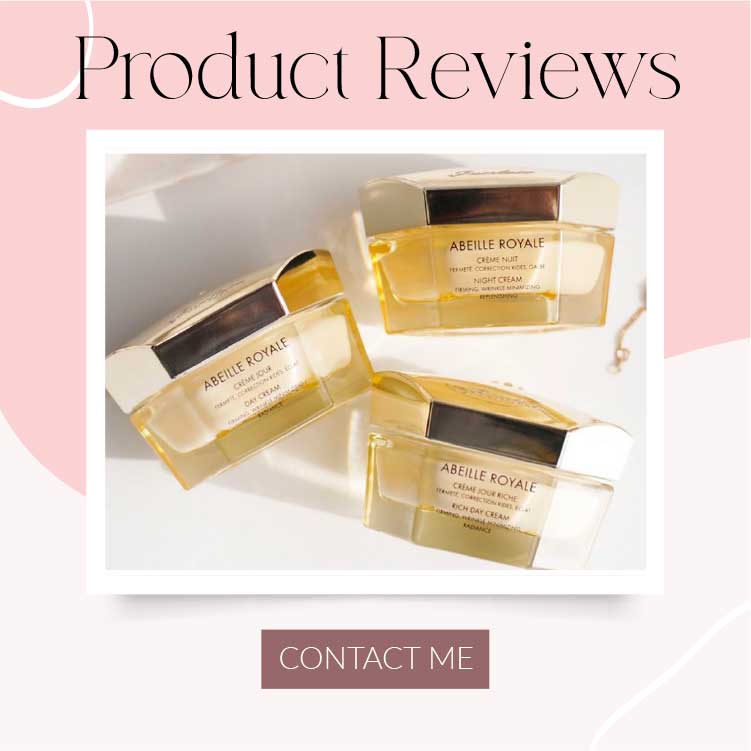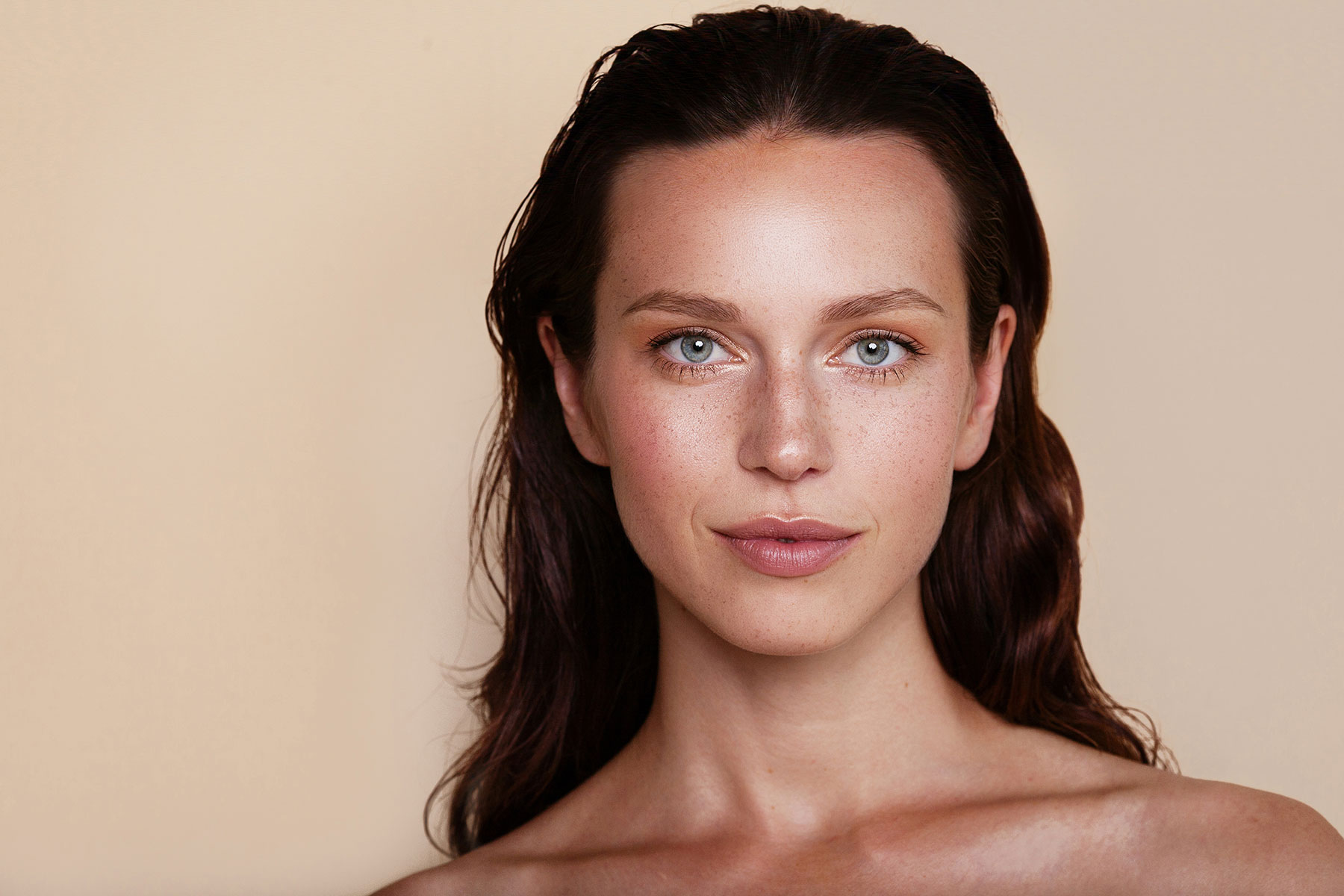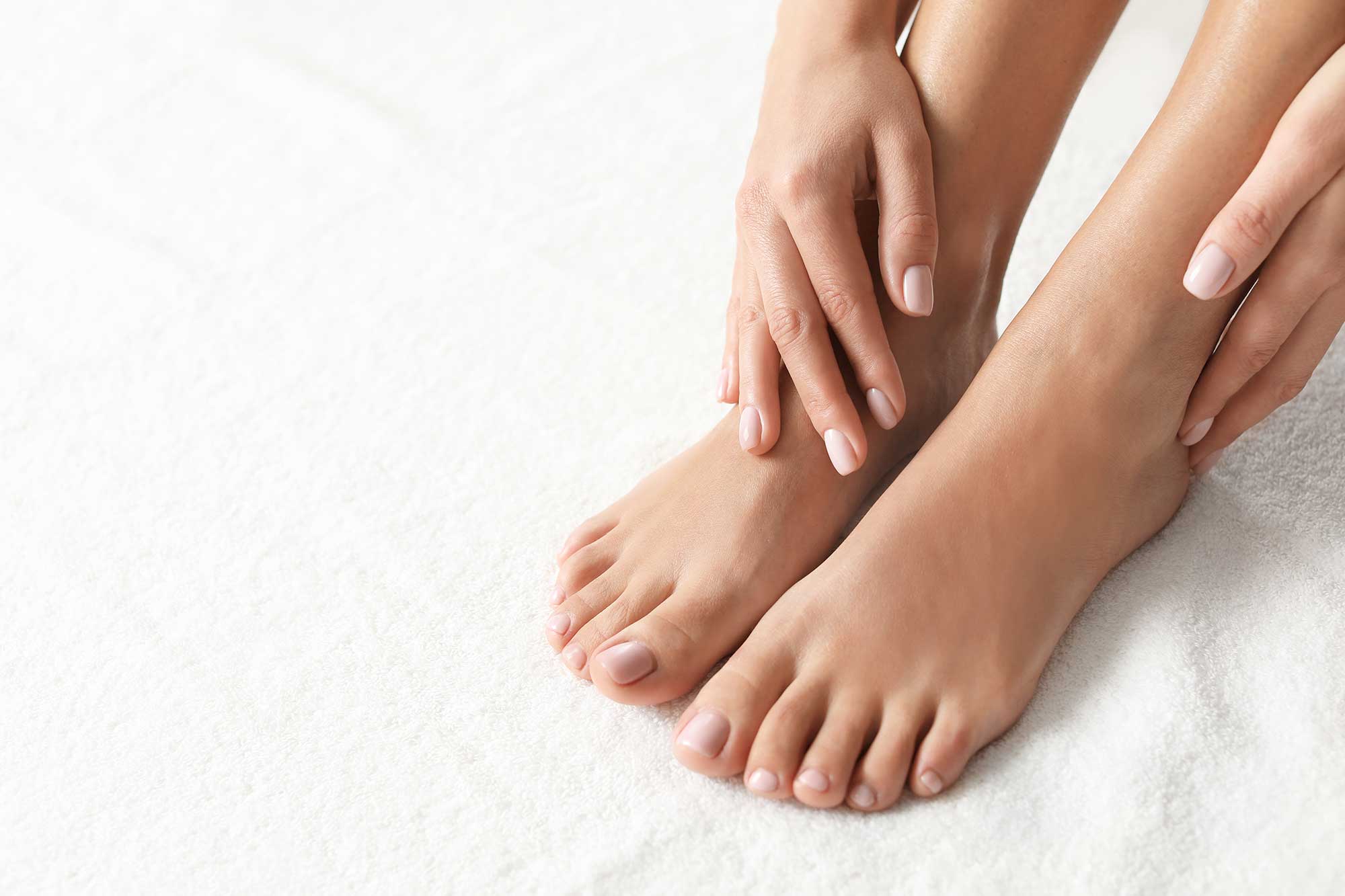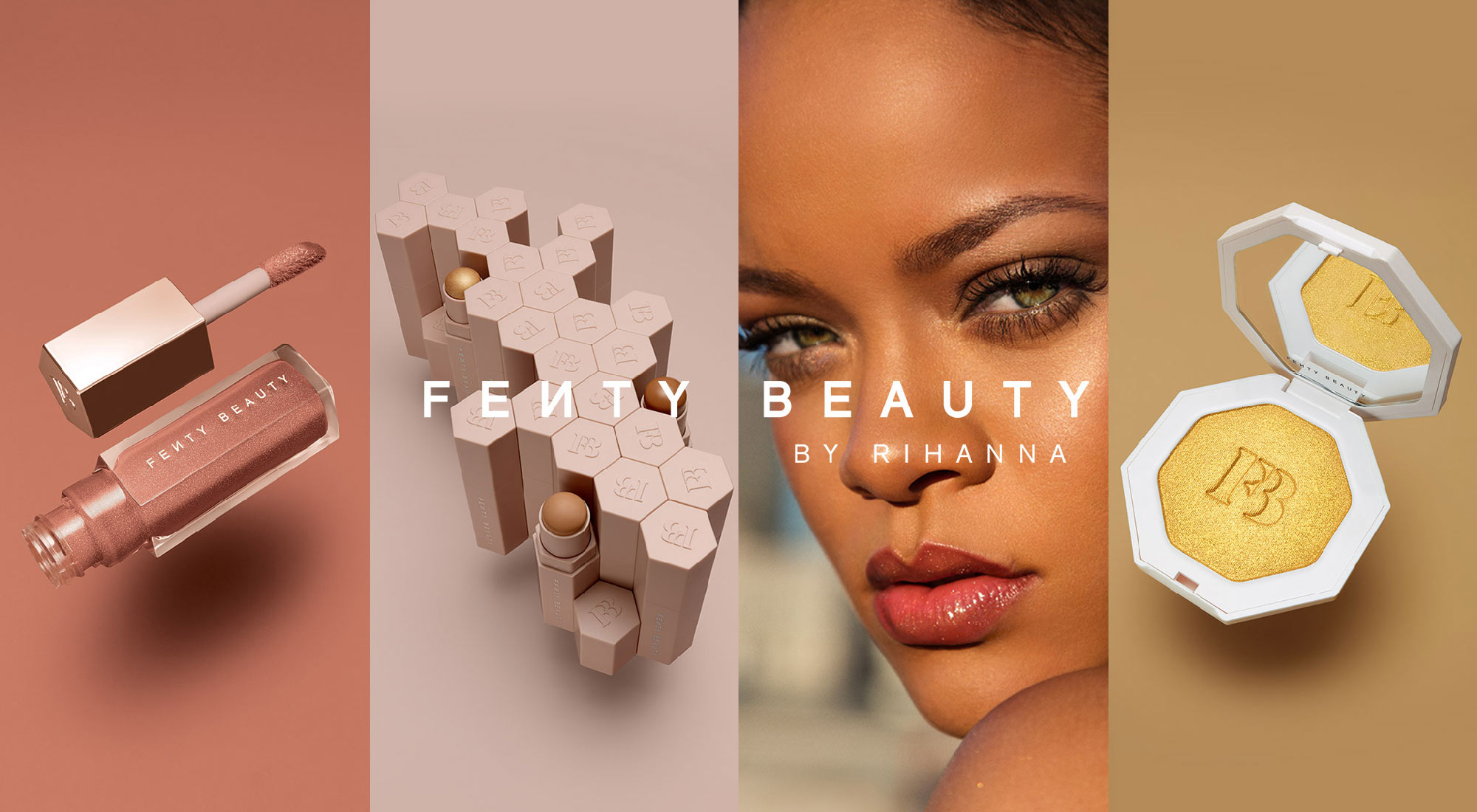Hi Dr Natasha Cook, thanks so much for opening up in this interview. I’m really excited about this because skin care is one of my obsessions. I am particularly interested in skin cancer prevention and detection, anti-ageing and the treatment of skin conditions, such as psoriasis.
“I understand that modern skincare is confusing. It needs to be simple yet effective. That’s why I developed a range of skincare that cuts out the confusion, it’s everything you need backed by hard core dermatologic science. 3 steps in the morning, 3 steps at night and once a week. It’s all you need.” – Dr Natasha Cook
Q. Where does your passion for skin and dermatology come from? Was there an event in your life that triggered your interest?
A. I actually grew up with an autoimmune skin condition known as Erythema Multiforme. It started at age 8 and fortunately I grew out of it by 20. My immune system would go into overdrive after getting a cold sore. It would make too many antibodies that would create a disfiguring and terribly itchy rash all over my body.
I think that helped me understand how people feel when they have a health problem that is visible.
I wasn’t conscious of this affecting my decision to study Dermatology after my medical degree, but I do think it was a subconscious driver for me.
The more conscious influence was meeting my friends Dad who was a Derm when I was an intern. He had just come back from working in the US and bought back a lot of new technology such as lasers. I saw dermatology as a really dynamic and creative speciality, with cutting edge technology. That very much appealed to me.
Q. Do you feel that the trend to tan in the sun has decreased over the past decades? I recently head my daughter say it was OK to tan your body and not your face. She is 16 and has had sincere drilled into her from an early age. Apart from bellowing “there’s no such thing as a safe sun tan!” down the hallway as she leaves to go to the beach, how do you combat that perception?
A. Great question. Unfortunately not. I still see tanning being promoted as fashionable in our society and young people who don’t use sunscreen, so they can get a better tan and more colour! Your daughter’s comments are common. Perhaps because we no longer have ‘slip, slop, slap’ campaigns. Everywhere we look its tanned skin lying around on beaches.
I would show young people damaged skin – wrinkley, freckly, leathery, brown sun damaged skin. Also images of people having laser to fix it!! Many parents who have their skin lasered to reverse the damage say their kids freak out and they use the laser treatment to demonstrate look what happens if you go out in the sun.
Q. I never go in the sun, and as a result have a severe Vitamin D deficiency. I take tablet by even my doctor said to get out into the sun. What is a safe level of the sun to prevent premature ageing and skin cancer?
A. Personally I think the safest way is to “pop a pill” in the form of vitamin D. It’s too difficult to predict “safe” UV outdoors.
Q. There are a number of GP run “skin cancer clinic” popping up around the place, what is your opinions of GP’s checking for skin cancers? Do you think this should be the domain of practitioners such as yourself?
A. To be a Dermatologist you need a minimum of 6 additional years of training, post your medical degree, plus intensive exams before you are allowed to practice. So anyone who can get through this training is going to have more skills at skin cancer diagnosis and management than an individual who has not completed the intensive training.
That’s not to say a GP is not competent at doing the basis checks and can refer on if more difficult.
I have to say learning Dermatology was not easy. It’s an area that is largely ignored in your undergraduate training. It takes years to learn over 2000 conditions and lesions and become diagnostically competent when you look at a spot.
Q. As a child my father has severe skin cancer on his face and I lost my uncle last year to melanoma. What are your treatment options and methods of prevention of skin cancers? I was lucky in that I was slathered in sunblock from an early age so so far I have escaped any issues. Is sunscreen the key?
A. You are ahead of the pack by protecting early!! Most of our damage that causes skin cancers happens in the early years of life and then it manifests 20 plus years later. Sun protection with sunscreen and clothing as well as sun avoidance are key.
Melanoma though is often genetic so the sun exposure is only oart of it in some cases. In contrast the scaley sun cancers like BCC’s and SCC’s are directly related to how much sun you get. Early intervention is prevention.
Q. What conditions can laser treat on the skin? Are they painful? Are there any negative side effects?
A. All types of problems. From birth marks, to age spots, pigmentation, freckles, capillaries, rosacea, acne, acne scars, scars and skin rejuvenation.
Any treatment has side effects. If not used in well trained hands you can cause scarring of the skin.
Regarding pain, it depends on the laser. Most are tolerated with topical anaesthetic creams.
Q. I see that in your clinic (link here) that you do injectables. What are your opinions on injectables like Botox or Dysport?
A. Injectable include Botox (and similar substances like Dysport and Xeomin) and fillers. I think they work well to treat and prevent early signs of ageing BUT when used appropriately. I think it’s easy to abuse using these treatments causing over filling of people so they end up looking distorted and weird rather than fresh and youthful. You can have no lines but not look any younger, as there is too much filler and toxin used.
I prefer to keep it “natural”. There is always a point to say “NO”.
Botox is also used to treat many medical conditions such as clenching of the jaw, excess facial, underarm and hand sweating. It helps people with cerebral palsy and a long list of medical problems. Who would think that a “toxin” could help so many people.
Q. Do you ever decline to do fillers on people on the basis that it won’t look right afterwards? Where do you draw the line?
A. Yes I do. We all need to know how to handle the NO. In those cases I try and educate the patient on the impact of too much product and how it will distort them.
If you are trained well in facial aesthetics and anatomy you can tell when something is going to look a little distorted.
Q. I have a friend who suffers from terrible allergies, especially with regards to the natural products. They seem to aggravate her skin, what are your thoughts on the abundance of natural skin care products that grace the shelves of chemists, department stores, and makeup superstores?
A. Sometimes I don’t really know what “natural” means. We are all made of chemical. The periodic table is nature and natural. It makes up all the compounds. We are compounds and therefor natural, so I find the definition of ‘natural’ a little confusing.
The bottom line is a “natural” product can cause issues and allergies equally as much as “non-natural”. Your friend’s experience is not uncommon.
Nature creates a lot of hazardous chemicals. Lavender (which I love) can be an allergen for some people. As well as tea tree oil. So natural doesn’t mean better or safer.
I think it’s a fashionable category at the moment from a marketing perspective in skin care.
Q. On your website you mention the “pseudo-scientific” made up ingredients in skin care. Can you name some of these ingredients?
A. If I did I may implicate some well known brands, as they are renowned for using a trademarked term, that is usually not a particular active but may refer to a number of individual ingredients in the cream. Like bio-rejuv-complex (I made that one up) and pertain that this has special anti-ageing qualities when all it is, is a trade marked descriptive term.
Q. What would be key pieces of advice for people at the following ages:
A:
15 – 20:
- Stay out of the sun
- Don’t over cleanse your skin
- Use gentle cleansers
- Avoid the harsh stuff and scrubs that you think you need to get your breakouts under control. These only make it worse!
- Moisturise daily. It won’t make your breakouts worse in fact it will help with oil control
- Get into good habits early: AM/PM Cleanse and moisturise
- Always wear sunscreen. Better still protect with real physical blockers like Hats sunglasses and clothing. Your skin will thank you for it in 30 years!!
20 – 35
- Stay out of the sun
- Invest in skin care with Alpha hydroxyl acids (lactic) and vitamin A and Niacinamide (B3)
35 – 50
- As above.
- Look into laser to start reversing the damage.
- I recommend the BBL once or twice a year. It rectifies and rejuvenates sun damaged skin as well as reactivating collagen production AND switches on the anti-ageing genes in your skin. Its why it’s been coined the “forever young” machine.
- Increase your skin worthy and anti-ageing supplements: Niacinamide (vitamin B3): 1000 mg a day, Vit D, Lycopene, curcumin, fish oil, resveratrol, coenzyme Q10
50+
- As above
- Keep up the exercise: strength training, resistance training and flexibility. HIIT (high intense interval training) and strength training reactivates your mitochondria, the energy power house of our cells, and is therefore anti ageing.
Q. As someone who has psoriatic arthritis, and the occasional patch of psoriasis, I have an understanding that psoriasis is an autoimmune disease, not just a skin condition. Do you work with rheumatologist with your psoriasis patients?
A. Yes. If they have any signs if the arthritic component I refer them to a rheumatologist.
Q. How do you treat patients with psoriasis? Are there topical products you suggest?
A. We look at firstly looking after the skin. Using Alpha Keri lanolin based shower oil in the shower. The moisturisers I have compounded for them with cell exfoliating salicylic acid and lactic acid, as well as humectant glycerine. Then prescriptives to the outbreak areas: Daivobet and Vitamin A (Zorac). If widespread I refer on to look at the option of the new immune-modulating agents.
I also recommend anti-inflammatory supplements in the form of: fish oil ( 4 daily, the Metagenics brand), curcumin, niacinamide (potent anti-inflammatory and anti-oxidant).
Diet: low sugar, low carb. Lots of green and red vegetables (filled with potentent anti-inflammatories like Carotenoids). Good fats like olive oil and butter. Supplement with protein: eggs, chicken, fish and some red meat.
Q. What are some preventative measures people with psoriasis can do?
A. Supplements, diet, lower stress levels with meditation. Regular exercise: 3 x 45 min: walking, strength training.
Q. Having a husband who is a sailor, and heading towards 50, I am seeing a lot of the sailors having skin cancers aggressively treated. How can sports people, in the water and wind find a sunscreen that will weather the harsh elements? Would you suggest an after sun treatment as well? Can you recommend a sunscreen that will stay on in these conditions?
A: I like the NEW Ego SunSense Sensitive Skin sunscreen 50 + zinc only. It sinks in and has high SPF. The trick is also to apply 2 layers, one after the other before going outside. We tend to under apply by 80% as consumers, so we are not getting the right protection.
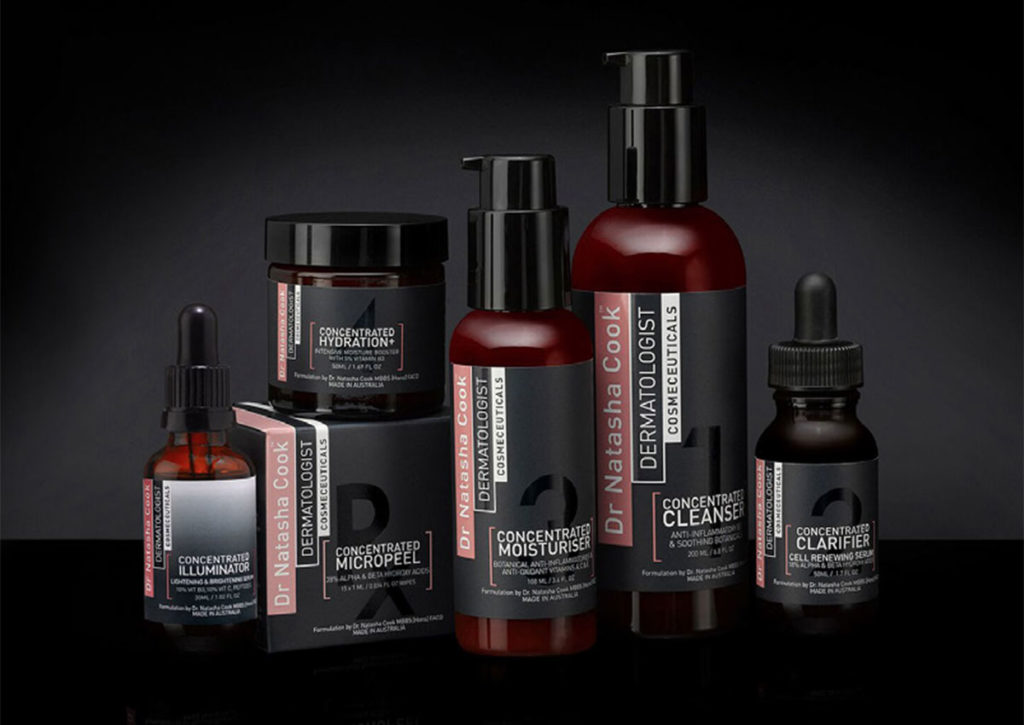
Q. I agree with your perception of the chemist brands not smelling good and the department store products being beautiful but ineffective. Either that or they are the natural products, that don’t do a great deal in my experience. How do your products different in terms of efficacy, price and packaging?
A. My products are based on what’s been proven in dermatological science that actually works to deliver a biological and aesthetic benefit to the skin. A big mis-understanding is that just because a good ingredient is in a product it will work. This is not true. As a formulating dermatologist I know that if it’s not in a high enough percentage it will fail to be of any significant benefit. That’s why we use the descriptive term ‘concentrated’ in the names. Pertaining to the fact we actually think about what amount needs to be in the product to work for the consumer. Something that is overlooked by many companies as the consumer is not informed. We include the correct ‘concentrations’ of the actives, so you get the benefit and results.
After treating patients for many years I also realised that most people have more than one problem. The six main problems were acne/breakouts; pigmentation; dehydration; ageing; sun damage and sensitivity. Most people have 2 or 3 or more of these. So it’s important to have a skin care range that can address more than one concern.
On top of that I known that “skin type” is largely a myth. If I’m in Singapore I’m moist due to humidity and need a lighter moisturiser.
If I’m in the mountains in winter I’m dry and need a more enriched moisturiser. So we need skin care that can work with our skin and the environment. You also don’t want to over lay too many products on your skin, as this can create issues as well.
So ‘3 steps morning 3 steps night and a treatment peel once a week’ became the basis of the range and routine. All your cell exfoliating AHA’s, pore refining BHA’s, natural moisturising factors and skin worthy Vitamins A,C & E and boosted by Vitamin B3, an Australian pioneering powerhouse active that’s essential in everyones daily skin routine.
We are also overwhelmed, time poor and confused when it comes to beauty and skin care. So ‘simplicity’ I feel is very important.
Q. Can you explain the benefits of the ‘Hollywood Laser Peel’ facial? Why is it such a hit with celebrities?
A. No downtime, instant results and long term biological boost to the collagen layer. Need I say more! It’s a peel without having a peel! It takes off the outer epidermis leaving an immediate glow. While another pass goes more deeply, focusing on the dermis, reactivating collagen production, tightening pores, fading acne scars and evening skin tone.
Q. I had micro-dermabrasion once and a week later my entire face came out in a rash. I went to the beautician to ask about it and she claimed it isn’t a side effect of dermabrasion. Have you ever seen this before?
A. Yes, I have. Dermabrasion uses “mechanical” blasting of fine particles to remove the outer epidermis. This mechanical action can damage the barrier function leading to irritation and inflammation.
Q. I’m scared to use a highly concentrated cosmeceutical range, as a few years ago I tried a series of treatments and my entire face peeled off in a week and was dry and flaky for months. Is this a necessary result of highly effective skincare?
A. It depends on the range and the ingredients. Concentrated doesn’t mean aggressive or irritating.
For example lactic acid is a more gentle AHA than glycolic. That’s why we use this in higher concentrations to get results without the irritation. Vitamin B3 is gentler than vitamin A, so higher concentrations of B3 can be used in contrast to vitamin A. It’s the combinations of active that is important. Effective skin care can be gentle.
Q. What impact do you think diet has upon the skin?
A. Massive!!!!!! It all comes out in the skin. Best skin diet for complexion is high in red and green vegetables (lots of beta carotenoids), good fats, like olive oil and butter, avocado, protein: eggs , fish, some red meat. Anti-inflammatories in the form of green tea. Green stems of vegetables like broccoli and capsicum are good natural probiotics.
Q. Do you think drinking regular alcohol affects skin?
A. Yes. The sugar gives you breakouts if you are prone. It disturbs your sleep which affects the skin. Red wines can cause flushing and feeds rosacea and redness.
Q. In your opinion, how does stress affect the skin?
A. Terribly. Firstly, it creates hormone imbalance that then creates breakouts. Secondly, we sleep less when stressed, we can loose a lot of weight from the face which ages the skin.

If there is just one product from the Dr Natasha Cook™ Dermatologist Cosmeceuticals range you buy, it has to be the Concentrated Clarifier, which has become the cult product of the collection.
The secret is the ingredients. In particular a group of multitasking therapeutic compounds called Alpha and Beta Hydroxy acids, the super stars of cosmeceutical skin care. This is a powerful cell renewing serum that works hard to un-do the damage caused by sunlight, acne, pollution & less-than-healthy lifestyle choices.
Q. Can you explain the key ingredients in your products and why your products are so effective?
A. That’s a long answer!!!
I only use ingredients that I know will work. I then make sure they are in the right amounts that will actually deliver the benefits they are meant to. I pick ingredients that have indisputable documented scientific evidence to deliver an overt biological and anti ageing benefit to the skin. As well as maximise skin health and vitality. I make sure I combine complementary ingredients to cut down on the skin care “clutter” and keep it simple yet effective. To get results you need a consistent routine. If we are to be consistent in needs to be simple. Products need to be multifunctioning and multitasking.
If it doesn’t deliver I don’t consider !!! I personally use a product for at least 6 months before I consider it worthy and have a group of “discerning” experts to do the same.
I then make sure the products have an aesthetically pleasing feel so it’s a pleasure to use.
Clever combinations of the right ingredients in the right amounts.

Q. What is the most satisfying part of your career?
A. Helping people feel good about their skin and themselves. Hearing them say our skin care is the best they have used and they have seen a difference in a week. No longer needing to hide under so much make up.
Q. Lastly what is the single most important thing when caring for skin?
A. Single is hard to answer. Gently cleanse. Adequately hydrate. Always protect.
Q. Thanks so much Dr Natasha Cook, I really enjoyed your detailed and informative answers. This gives my readers a lot to digest and to think about. Thanks so much for your time. So where can your skin care products be purchased?
Dr Natasha Cook™ Dermatologist Cosmeceuticals is now available via drnatashacook.com and through selected dermatologist and skin care clinics around Australia.
Save



